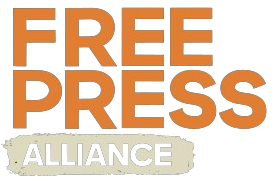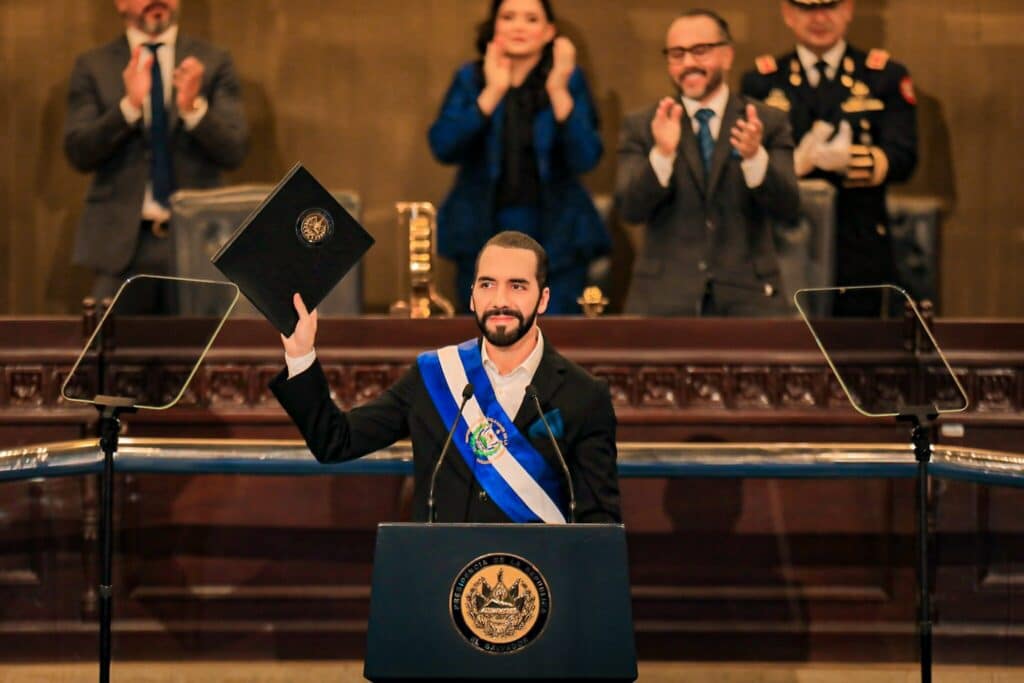On May 20, 2025, El Salvador’s Legislative Assembly, dominated by President Nayib Bukele’s party, passed a controversial foreign agents law that could severely undermine press freedom and civil society in the country.
Under the new legislation, any individual or organization receiving funding from abroad must register as a foreign agent with the Ministry of the Interior, pay a 30% tax on the funds received, and comply with strict government oversight, including submitting sworn declarations. Failure to register or pay the tax can result in fines ranging from $1,000 to $150,000.
While the Bukele administration claims the law is designed to promote transparency and safeguard national sovereignty. Independent journalists, press freedom organizations, and NGOs argue that it is a tool to silence dissent and restrict independent media in El Salvador.
“Journalists often depend on international funding to carry out investigations,” said Óscar Martínez, editor-in-chief of El Faro. “This law’s vague language gives the government sweeping powers. Even freelance journalists and academics could be labeled as foreign agents simply for receiving stipends or honoraria from abroad.”
Martínez also emphasized that local advertisers fear retaliation, leaving international support as the only viable option for many independent newsrooms.
Angélica Cárcamo, director of the Central American Journalists Network, called the law “a tool of persecution.” Speaking to the Committee to Protect Journalists (CPJ), she stated, “It’s meant to shut down NGOs, silence critical journalism, and tighten control over public discourse.”
Since El Salvador’s democratic institutions have weakened under Bukele, the passage of this law raises serious concerns about the erosion of democratic values, government censorship, and freedom of expression.
At Free Press Alliance, we urge the Salvadoran government to reconsider this law. It unjustly targets independent media, international organizations, and journalists in El Salvador, threatening the free flow of information essential to a functioning democracy.

